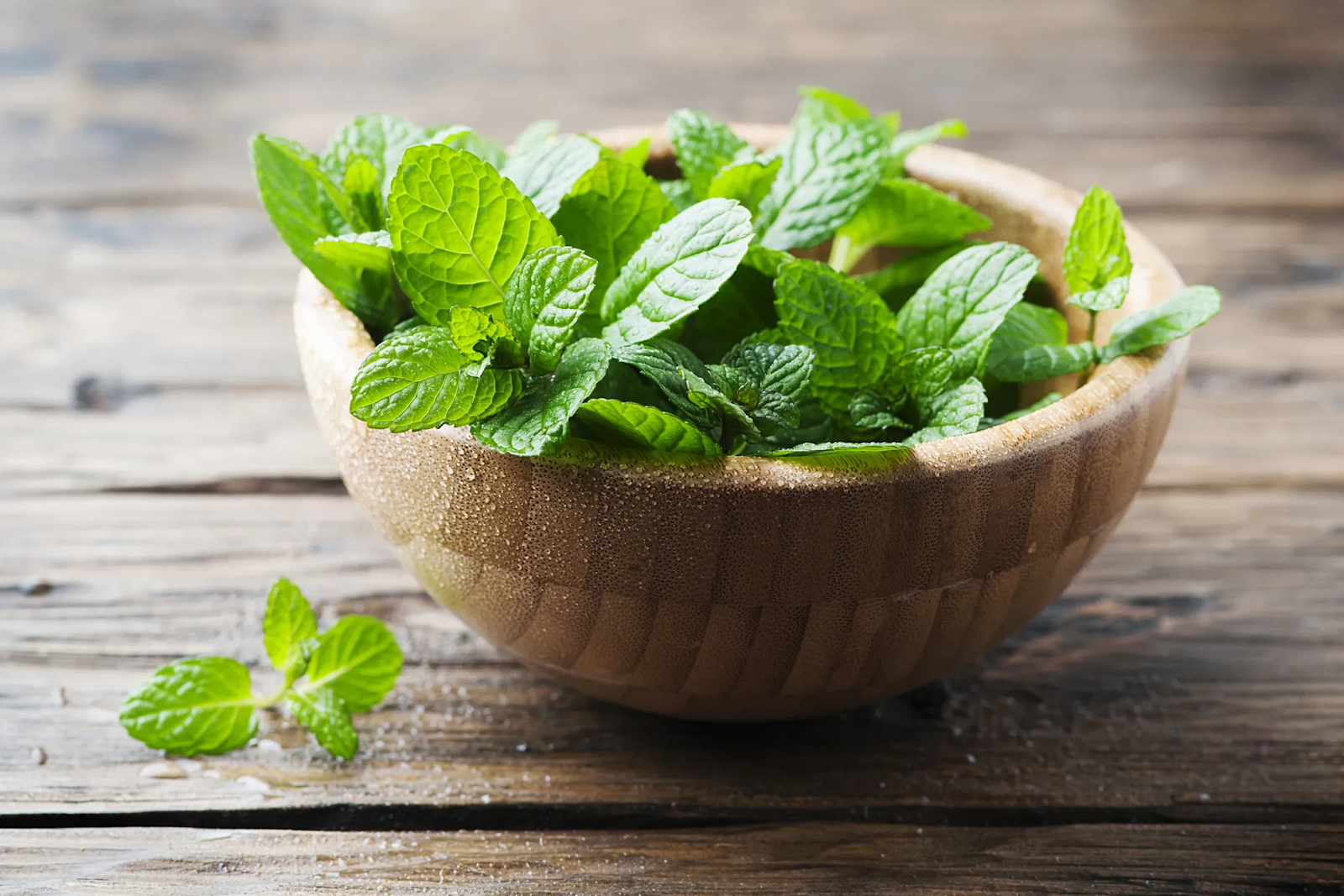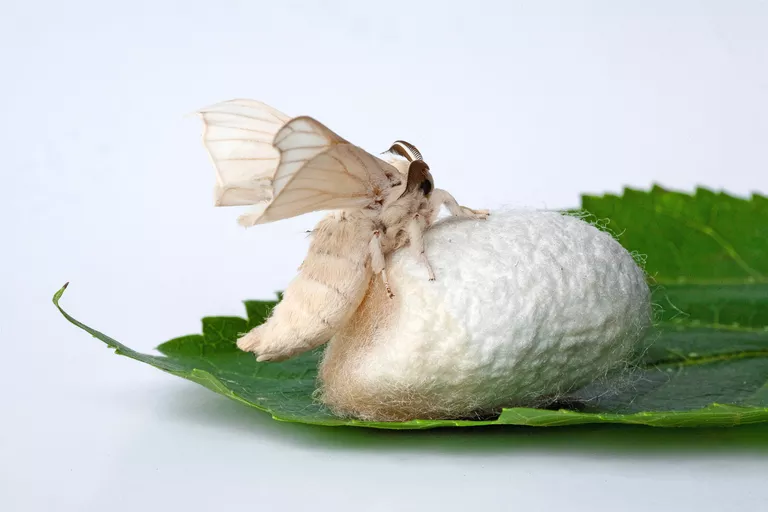Carmel in the Desert
The contents of this website/blog represent the personal interests of Candida Kirkpatrick,ocds. The information included does not necessarily represent the official teaching or position of the Discalced Carmelite Order.
Sunday, December 15, 2024
Prayer of Healing & Surrender of One's Emotions
Monday, January 1, 2024
Our Lady, the Burning Bush, Teaches us How to Live in Equanimity
The Blessed Virgin Mary is the burning bush because she burns brightly and fully, but is never consumed. The Lord Jesus is contained within her as the New Ark, along with a perpetual flow of Trinitarian Love. Amidst this fire, she is also perpetually the fountain of grace rooted in living waters as one 'who meditates upon the law day and night without ceasing. She is like a tree planted near streams of water, that yields its fruit in due season; Its leaves never wither; whatever he does prospers' [Ps 1:2-3], so she is in perfect balance and equalibrium. In other words, she does not ever become emotionally overheated! Her feelings do not consume her in a way that she becomes a flamethrower or a dangerous conflagration that spills out in a haphazard or chaotic way. Instead, she ponders all things in Her Immaculate Heart, and is thereby able to respond to any situation, event or circumstance, whether seemingly positive of negative, good or evil, with complete calm. She is 'full of grace' and contains such purity as the New Eve that she receives the flow of Trinitarian Love within which burns as a perpetual lantern of light and love for her spiritual children. By maintaining this equanimity and being perpetually focused on the Divine Will and giving her fiat in each present moment, she contains all within this perfect burning flame of the Holy Spirit.
She is also grounded [no pun intended] in the rich soil of humility. She knows that Her Son is the vine and she is the branches and without Him, she can do nothing. The elements within her very being as contained in the image of the burning bush are completely in balance, with no excess or deficit of any emotion. This allows her to respond in the fullness of grace and calm, in the midst of experiencing feelings and emotions at the deepest levels due to her open Immaculate Heart, her perfect sensitivities to the Divine Will and to the sufferings of both her Son, Jesus, as well as to all of humanity. Yet, she stands at the foot of the Cross in total equanimity. She gathers with the Apostles in the Upper Room in a calm way that unites everyone together in holy expectation, prayerfulness, silence, and harmony. This fire of love burning within her reflects and glorifies the Holy Three.
As the Burning Bush, she invites us to stay in her Immaculate Heart and Womb perpetually as each contains the proper boundaries to live in such harmony. As one seeking to surrender more to dwelling within the beauty and grace of Her Womb, Our Lady gently molds and shapes us in her tender maternal love, and assists us in avoiding impulsivity or unbalanced reactivity to unforeseen situations. She helps to ensure that one's passions and zeal do not become an unwieldy firestorm that leads to confusion, heightened anxiety, division or tensions. She teaches us how to hold 'this little light of mine' in an orderly way that does not hurt one's relationship with God, with others, or with oneself.
She also brings us to her Divine Spouse, the Holy Spirit or 'Ruah' breath of life, who leads and guides us in strengthening and developing stronger virtues in a spirit of emotional calm. This literally assists us in breathing calmly to receive grace and release emotional overloads that stir dangerous firestorms interiorly and to instead gain composure and embrace the present moment with a docile spirit.
The journey is arduous and I have a very long way to go, but this beautiful symbol and title of Our Lady has definitely assisted me in making wee baby steps towards increased self-awareness regarding emotional eqanimity and freedom that is expressed in healthy and loving ways. It has helped to ground me in making sure that I am taking time to be rooted in humilty; breathing in the calming gentle wind of the Holy Spirit; drinking from and plunging into the living waters that are provided and available to us whilest rooted in prayer and the Sacraments; and receiving the fire of God's Love in grateful receptivity, with my eyes fixed upon Jesus. I humbly hope this might be helpful to others in some small way, and wish everyone a very blessed New Year!
Sunday, December 31, 2023
Prayer for Healing Wounds through St. Joseph - Head of the Holy Family
Sunday, May 1, 2022
The Charcoal Fire that Transforms into the Living Flame of Love
Sunday, April 3, 2022
Got Mint?
Saturday, March 12, 2022
Madre Teresa: An Ode to her Spiritual Motherhood
Madre
Teresa: An Ode to her Spiritual Motherhood
Trimester I
Passive
receptivity
Spirit,
come!
Quiet
fiat
Jesus,
beside her,
Opened
mind,
Opened
heart
Soul
laid bare.
Pierced
with heavenly dart of love,
Divinely
overshadowed.
Gifted
with flash of castle,
Divinely
instructed.
United
with the Three,
Incarnation
of the new Carmel.
Trimester II
Madre
Teresa, spiritual womb of Carmel.
Encasing
reformed order within
Nurturing
the garden of this new vineyard,
Tilling
the earth founded upon Elijah and Mary
In
your interior soil of prayer and humility,
With love
and obedience.
Seeds germinating
within
Flowing
waters of prayer
Sowing,
sustaining
Anointed
words of divine wisdom
Releasing
seedlings carried on the breeze
Bringing
glad tidings to chosen souls.
Trimester III
Maternal
womb of Carmel, expansive tent
Cocoon
pregnant with anticipation of new life
Metamorphosis,
straining towards [life-giving] union
Birthing
of a new Carmel carried on damp
Butterfly’s
wings
Under
the burning heat of the Spirit’s love
This dart of fire tinged aglow with Word and Breath
Behold!
He is doing something new!
Foundations
rapt in love of God and neighbor
Generating
brides in this verdant meadow
Fading
mirage of self, fresh eyes turned towards the Beloved's Face
Rapt in
Jesus’ Crucified love.
Madre
Teresa, Madre.
Friday, March 11, 2022
Crossing the Suspension Bridge in the Jungle of my Soul
The suspension bridge that unites our heart with our mind can appear intimidating and downright dangerous. And in many ways, it is. However, when traveling with Our Lord Jesus we learn how to traverse the middle path of virtue between the deficit and excess of our passions and appetites. He assists us to stay safely within the guardrails by avoiding extremes, but also knows that 'the righteous man falls seven times a day'. The good news is that we can count on Jesus to bring the first aid kit to bandage up our wounds, and the words of eternal life to encourage our souls to keep going and forge ahead. This great adventure will be worth it. The new man and your new life and mine awaits.















